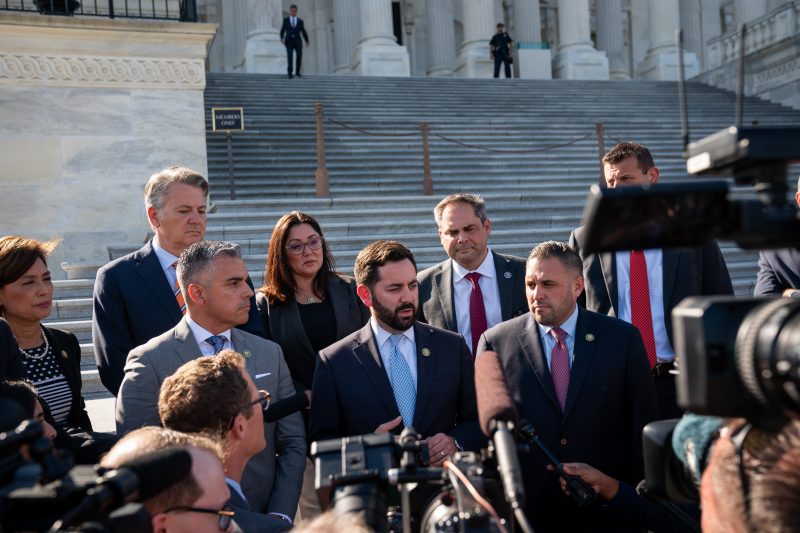The House Considers Expanding State Tax Deduction for Some Families
As the issue of tax reform continues to be hotly debated in government circles, the House of Representatives is currently considering a proposal that would expand the state tax deduction for certain families. This potential change, if passed, could have significant implications for taxpayers across the country.
Currently, state and local taxes can be deducted on federal tax returns, but there are limitations on who can claim these deductions. The proposed legislation aims to extend this benefit to families who do not currently qualify, potentially providing much-needed relief for middle-income households.
Under the current tax system, taxpayers can only deduct state and local taxes if they choose to itemize their deductions, rather than taking the standard deduction. This requirement often poses a barrier for families with moderate incomes who do not have enough deductions to exceed the standard deduction threshold.
The proposed expansion of the state tax deduction would remove this hurdle for many households. It would allow families with incomes above a certain threshold, but below the current limit for itemization, to claim a deduction for state and local taxes without having to itemize their deductions.
Proponents of the expansion argue that it would promote fairness and help alleviate the burden on middle-income families. Currently, high-income households benefit the most from the state tax deduction, as they are more likely to exceed the itemization threshold. This results in a disproportionate benefit for wealthier individuals, while leaving middle-income families with limited relief.
Opponents of the proposal, on the other hand, voice concerns about the potential impact on federal revenue and the potential for abuse. They argue that expanding the deduction could lead to a decrease in federal tax revenue, ultimately increasing the deficit. Additionally, critics worry that without proper safeguards, some taxpayers could manipulate the system to claim excessive deductions, leading to potential abuse of the expanded benefit.
However, proponents argue that potential revenue losses could be offset by other tax reforms or by closing certain tax loopholes. Moreover, they believe that with proper oversight and auditing, the risk of abuse can be minimized, thus ensuring that the expanded tax deduction achieves its intended purpose of providing relief to middle-income families.
It is important to note that the proposed expansion of the state tax deduction is still far from becoming law. As with any legislative proposal, it will go through a series of hearings, debates, and amendments before potentially being enacted. Additionally, there may be competing proposals and alternatives put forth, each with its own set of considerations and potential consequences.
The issue of tax reform is complex, with various stakeholders, interests, and viewpoints involved. While the proposed expansion of the state tax deduction for some families aims to provide relief to middle-income households, the ultimate outcome will depend on the deliberations and decisions made by lawmakers.
As the House continues to consider this important tax reform proposal, it is crucial for lawmakers to carefully weigh the potential benefits and drawbacks, ensuring that any changes to the tax code truly prioritize the needs of everyday American families. Only through deliberate, thoughtful, and informed decision-making can a fair and effective tax system be crafted for the betterment of all citizens. The outcome of this proposal will undoubtedly have far-reaching implications, impacting families’ financial well-being and shaping the broader economic landscape.



























